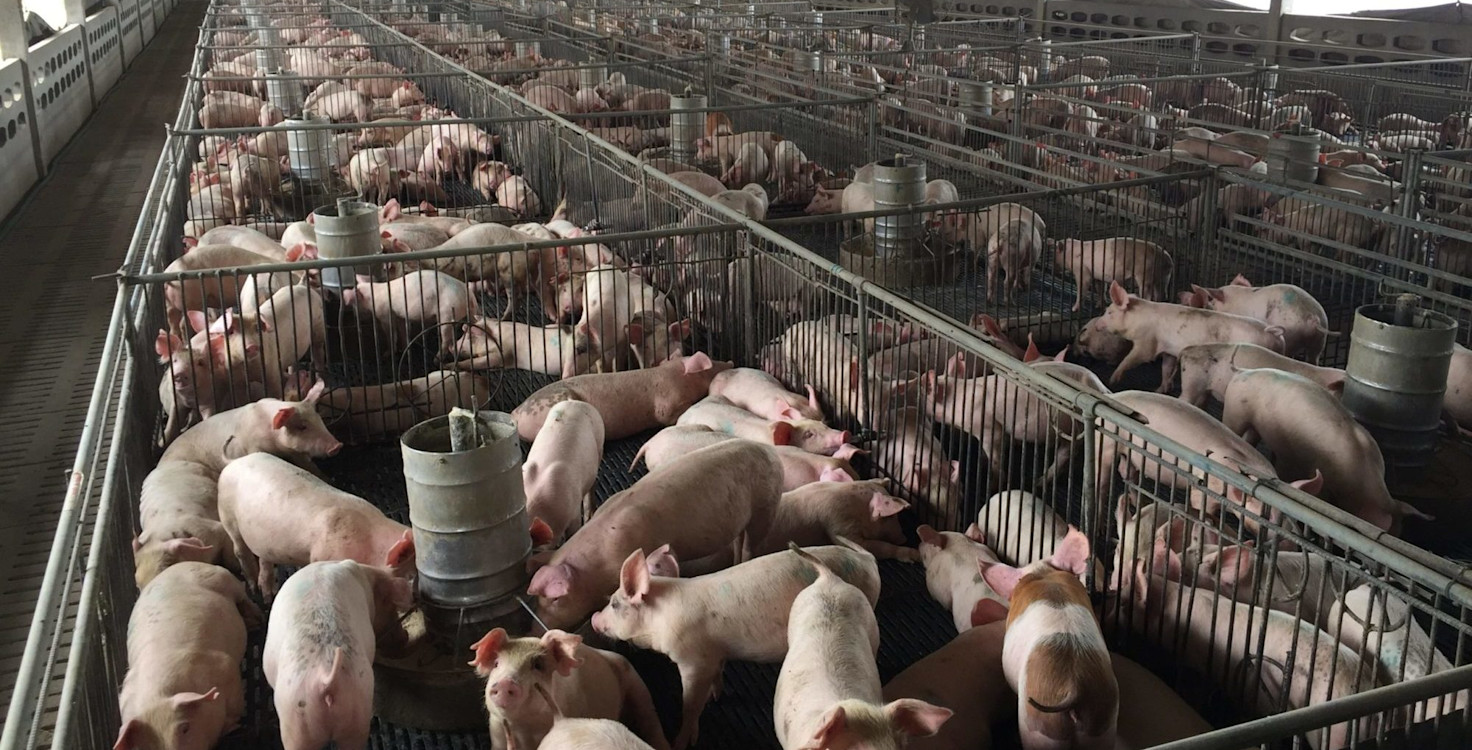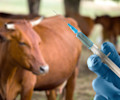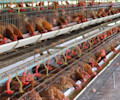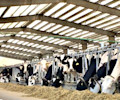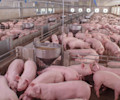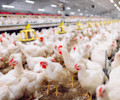Earlier this week, the Northern Ireland Executive made the announcement that it would make £2.2m available in financial support for Northern Irish Pig Farmers, following COVID-related closures at Cranswick Country Foods. The support package is being offered to address the financial impact of temporary losses after a two-week closure, following a COVID outbreak in August last year.
However, the Stormont politicians may face some backlash from those looking to shift our protein supply chains away from dependence on animal proteins.
The public health and environmental risks associated with the meat processing industry are well documented and this year, they became central to the spread of the coronavirus pandemic. Confined working conditions increase workers’ vulnerability to immediate COVID-risks. Workers are often expected to work elbow to elbow, providing optimum conditions for the virus to spread.
Just as in France and Holland where Government-related bailouts to the aviation industry were aligned with the airlines achieving environmental targets, any government bailout to meat processing plants could—and perhaps should—consider a similar set of conditions. COVID-related or otherwise, companies should, at the very least, be tied to commitments to bring in adequate social distancing and safety measures for workers.
Before Governments around the world part with potentially tens of millions in financial support, they should consider whether the money can be used to achieve other public goals such as tackling emissions, of which the livestock industry plays an enormous part.
With COP on the horizon, a decisive plan to tie sustainability-related conditions to COVID-related bailouts would be looked upon much more favourably by the market than a short-term financial sticking plaster. This type of funding would help incentivise companies to ‘build back better’, and help to accelerate the transition to a more sustainable food production system.
This certainly won’t be the last government bailout we see for factory farms. In what was seen by many as a last-minute bid for rural votes, President Trump pledged a $13-billion bailout to struggling farmers, and it looks as though President Biden will follow through on this grant. Biden’s coronavirus package includes compensation for livestock producers whose animals were culled due to the pandemic, as well as a $400-million dairy donation and aid for contract poultry growers.
Investors should watch this space. Governments may want to utilise the COVID recovery as an opportunity to transform an unsustainable meat industry.
FAIRR insights are written by FAIRR team members and occasionally co-authored with guest contributors. The authors write in their individual capacity and do not necessarily represent the FAIRR view.
